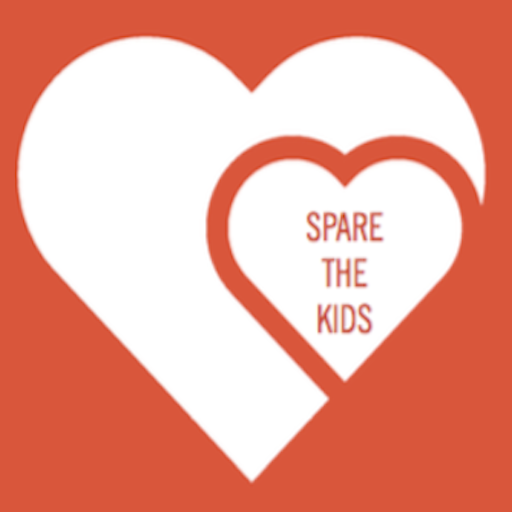 “There is no such a thing as a bad child, honey.”
“There is no such a thing as a bad child, honey.”
I said those words the other day to a group of my sister friends and they all looked at me sideways like I had lost my mind.
Yes, I do believe there are some little ones out there that are “bad seeds” who need some professional help. But far too many parents are quick to call their children bad when their behaviors get on their last nerve.
When I was raising my little ones, I believed they were born with evil in them. My pastor at church said that we are all “born in sin.” So I was convinced that it was my job as a parent to drive the devil out of them so they would act right and not grow up to be destructive menaces to society. But I didn’t realize that I was doing more harm than good by threatening, humiliating and hitting, and instilling fear, guilt, mistrust, and shame in my children.
To change, I had to first throw out that belief that children are bad, that they are born in sin. I had to start seeing that my children had potential for growth and goodness. I also had to understand that their behaviors were signs of them striving to learn new skills, to cooperate with others, and to understand how the world around them works.
In anger, I called my kids bad and hit them because that’s how I was raised. Like my parents, I didn’t always understand my children’s needs for love, understanding, stimulation, closeness, and nourishment. Nobody taught me how to REFRAME my children’s behaviors in a different way so that I could respond to their needs more positively.
So I asked my sister friends to make a list of the top 10 behaviors that irk them. They listed the behaviors, talked about how we as parents might see each behavior, and then came up with alternate ways to view them. So here’s our little exercise below.
Hopefully you’ll find some bits of wisdom that will help you see so-called “bad” behavior a different way and understand the logic behind how your child sees the world around them….
Crying and Fussing
The Parent: “He always wants something. He really knows how to push my buttons.”
Another Way To See It: You are lucky that your child lets you know when he needs you for something. He is really good at telling you when he is bored, hungry, or lonely.
Whining
The Parent: “She is doing it to get attention. She is manipulating me to get her way.”
Another Way To See It: She is trying to practice expressing her needs. She is showing great control over frustrations and lack of words to tell you what is really bothering her.
Getting Into Everything, Making Messes
The Parent: “He is such a problem. He is always into my things.”
Another Way To See It: He is a real explorer and loves to learn how things work. He is very good with his hands and loves to touch all the interesting things in the world.
Protesting Separation
The Parent: “I can’t leave her alone for one minute. She is so spoiled.”
Another Way To See It: You have done a great job! She is showing you how she loves you and needs you.
Picky at Mealtimes
The Parent: “He refuses to eat anything. He will have to starve because I’m not a short order cook.”
Another Way To See It: He is growing up and showing his opinion on things. He needs to make choices to feel grown up, like you.
Saying “NO” and Testing Limits
The Parent: “She is so oppositional.”
Another Way To See It: She is becoming an independent person; she is trying to tell you that she has a mind of her own.
Doing Things His or Her Way
The Parent: “If I always give in, he will get so spoiled.”
Another Way To See It: He is growing up and showing you how he likes to do things in his own way.
Throwing Tantrums, Hitting and Biting
The Parent: “She thinks that if she throws a fit she will get her way. What a brat.”
Another Way To See It: She is telling you that she has lost control and needs your help. What a great communicator.
Not Sharing or Taking Turns
The Parent: “He is so selfish. He has more toys that he knows what to do with and can’t even share one of them!
Another Way To See It: He is starting to understand that he is not the center of the universe.
Displaying New Fears
The Parent: “She is always afraid of something. I can’t take her anywhere.”
Another Way To See It: She is starting to think about lots of new things and sometimes that gets scary.
This lesson is drawn from “Your Guide to Nurturing Parent-Child Relationships,” by Nadia Hall, Chaya Kulkarni, and Shauna Seneca.


I enjoy what you guys tend to be up too. Such clever work and reporting!
Keep up the great works guys I’ve included you guys to my personal blogroll.
Thanks so much for stopping by! And we appreciate you supporting Spare The Kids by spreading the word. Take care.
Hi there friends, nice post and fastidious urging commented here, I am
genuinely enjoying by these.
Hi. Thanks so much for stopping by the site. We hope you find some useful information on the site and that you’ll share with others and come back to visit often.